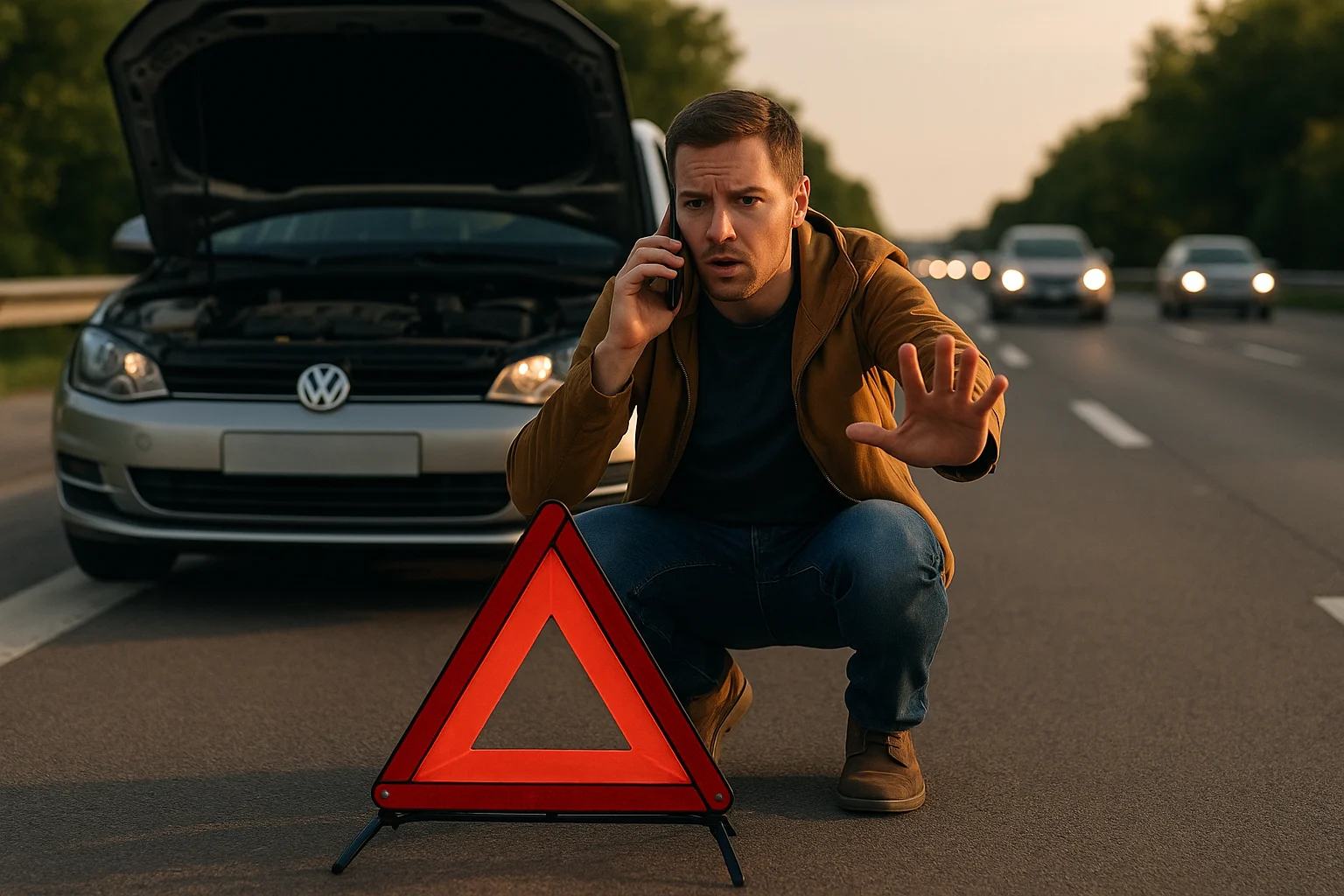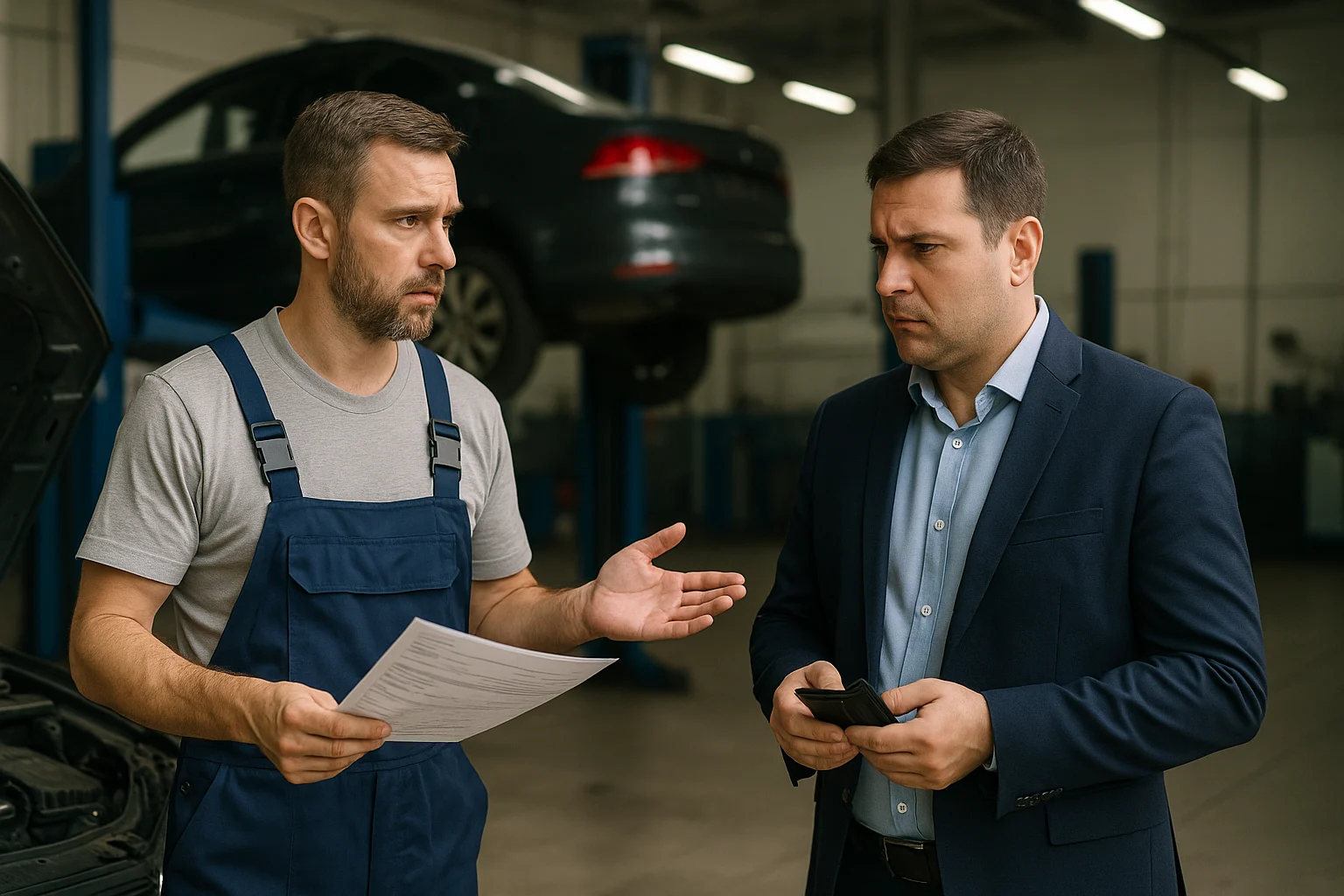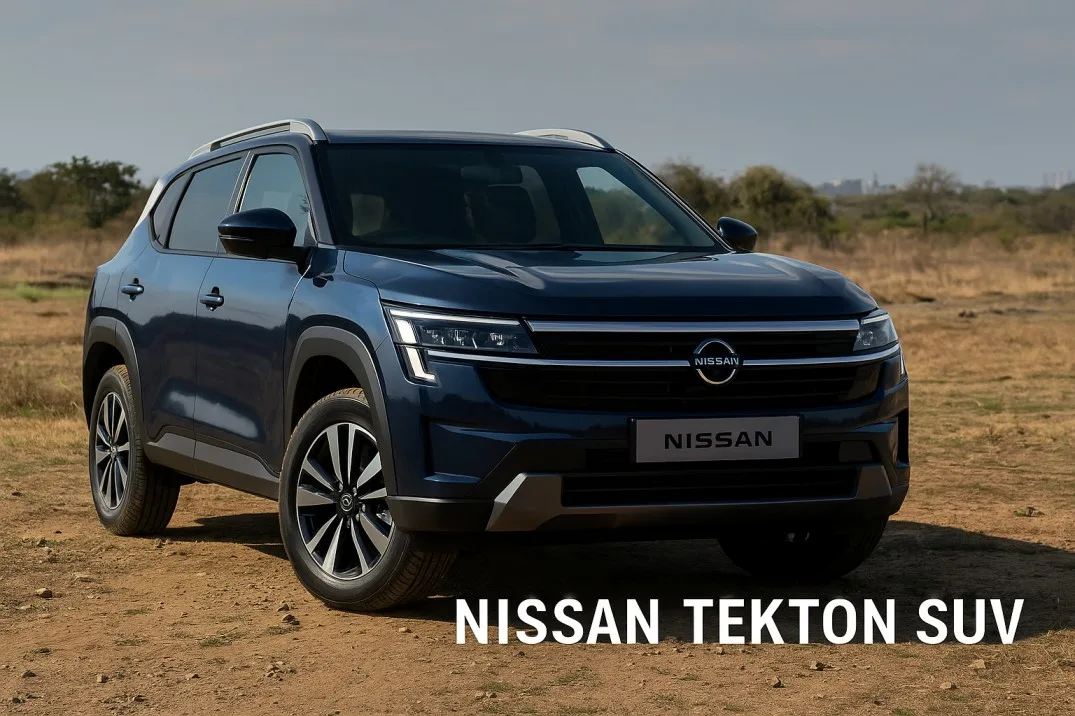Purchasing or selling a vehicle can be overwhelming due to the vast number of options and other things to think about. Should you look for a new vehicle or would a used vehicle be a better option? How do you sell a car for the most amount of money? This guide explains everything to help you make the right choice.
Why Buying a Second-Hand Car Can Be a Smart Choice
More than ever, second-hand cars are becoming more common, and for good reason. They provide practical solutions for which many new car buyers do not always consider:
1. Save Money
New cars depreciate quickly, sometimes by as much as 30% in year one. Just by purchasing a used car, you can avoid that immediate depreciation while getting better value for your dollar.
2. Lower Insurance Costs
Used car insurance premiums are determined by the value of the car and will typically be more affordable, potentially saving you thousands of dollars over the lifespan of your vehicle.
3. Variety of Choices
The used car industry has units of all different models and trims, meaning you are likely to find a used car that offers features you want, at a lower price than you could afford brand new.
4. Slower Depreciation
You’ve already avoided the steepest depreciation with a used car, which makes the resale value more stable.
5. Environmentally Friendly
Purchasing a used car also helps reduce demand for new car production, therefore lowering carbon emissions and helping toward a sustainable future.
Check: How to Check Car Service History Online Free in India
How to Sell Your Car for the Best Price
If you have a vehicle and are thinking of selling it, getting as much money out of the sale as possible is your goal. Here are some suggestions for how you can do that:
1. Understand What Your Car Is Worth
Visit an online vehicle appraisal tool or contact local dealerships to get an idea of the market price for the vehicle you are considering selling. If you offer a vehicle at a reasonable price, you will get serious buyers much more quickly.
2. Clean it and Maintain it
A clean and well-cared for automobile is always more presentable to potential buyers. Also, consider completing any minor repairs or taking the car to professional detailers before putting the vehicle up for sale.
3. Have All Documentation Ready
Make sure that your registration, insurance, or service history are all complete and accessible. Buyers are more confident in their purchase if everything is already prepared.
4. Understand Where to Sell the Vehicle
Decide whether you want to sell it directly to another buyer, through online platforms to buyers, trade in to a car dealership, or through car resellers. In any case, you will want to have as many offers as possible to compare.
5. Be Negotiable
Be upfront about the condition or service history of the vehicle, emphasize the positives about your automobile, and do your best to remain flexible. You want both parties to feel that they completed a fair deal.
Also Check: Scrap Policy in India: What Happens to Old Cars and How to Get a Scrapping Certificate
Should You Buy a Used Car or a New Car? Pros and Cons
Deciding between a used and a new car depends on your priorities, budget, and lifestyle. Here’s a detailed comparison:
| Feature | New Car | Used Car |
| Cost | High upfront cost | Affordable |
| Depreciation | Loses value quickly | Already depreciated |
| Maintenance | Minimal in the first few years | May need more repairs |
| Warranty | Comes with full warranty | Limited or expired warranty |
| Insurance | Higher premiums | Lower premiums |
| Choice of Features | Latest features & technology | Limited to existing models |
Think about Purchasing a New Car If:
- You are interested in having the most up-to-date technologies & safety features available.
- You want the peace of mind from a warranty and low-maintenance for the first few years.
- You plan on keeping the vehicle long-term.
Think about Purchasing a Used Car If:
- You are on a tight budget.
- You want to avoid depreciating too much as it is already older.
- You are okay with some upkeep and minor repairs.
Tips for Making the Right Choice
1. Assess Your Budget
Identify how much you can afford to spend and determine whether a new or used vehicle will work for your budget.
2. Make A List Of Your Needs
Evaluate and consider your driving habits, aspects of family needs, and the features you would like.
3. Consider Long Term Costs
While you are deciding between new and used vehicles, consider other costs (car insurance, maintenance costs, gas mileage, depreciation cost).
4. Inspect and Test Drive Potential Vehicles
Take the time to properly inspect a used car or vehicle before you buy it, and take it for a test drive to make sure you do not get stuck with any surprises.
Common Mistakes to Avoid When Buying or Selling a Car
Purchasing or selling a vehicle can be difficult, and a few common oversights can cost you dollars or a great deal of stress. Here’s what to keep an eye out for:
1. Don’t Skip the Vehicle Inspection
You should never purchase a used vehicle without a thorough inspection. You really never know what you might be getting into, and hidden issues will drain your pocketbook later.
2. Don’t Avoid Market Research
Avoiding research on the market when selling or buying means you might pay too much or sell too low. You should always be aware of what others are paying – or have paid – and other trends.
3. Don’t Overlook the Paperwork
Without papers in order, a sale may take longer or may not occur. Have registration papers, insurance papers and well documented service records folders ready.
4. Don’t Rush the Decision-Making
Don’t rush decision-making; take your time to compare vehicles, test drive them and make offers. Rushing into a decision usually ends in buyer’s remorse.
5. Don’t Take Operating Costs for Granted
You will need to calculate insurance and what maintenance and fuel usage will cost as well. A low purchase price can get you, but the operation costs will kill you.
Conclusion
Purchasing or selling a car, whether it is brand new or second-hand, requires thought. Second-hand cars offer a buyer cost savings, variety, and a slower rate of depreciation which is great for their budget. When it comes time to sell, you will maximize your price by properly preparing your car and developing a good market price. Ultimately, deciding to buy something new or used will be a function of your financial situation, priorities, and planning for the future.






One thought on “Should You Buy a Used Car or a New Car? A Complete Guide for Buyers and Sellers”